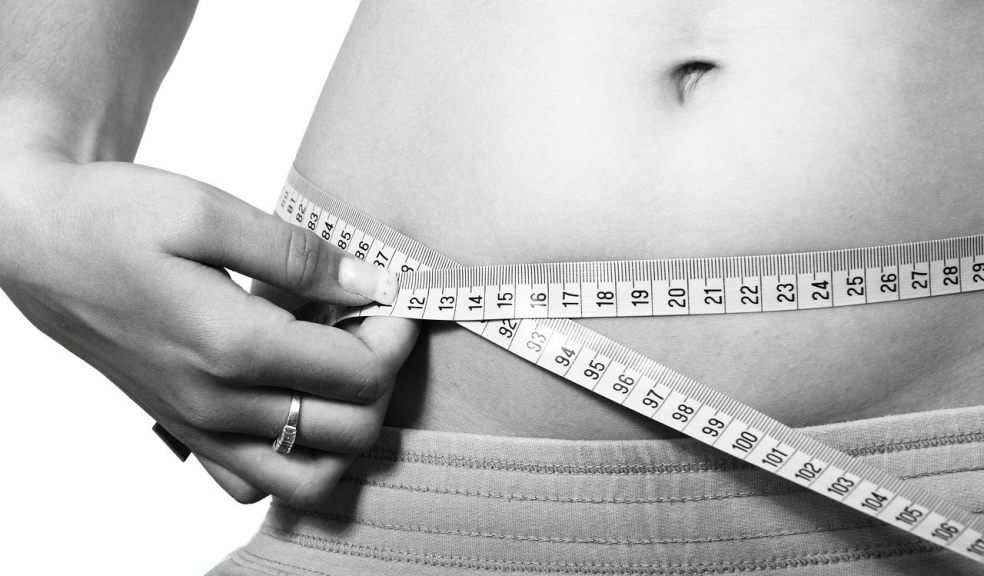
BMI scale accuracy: What you need to know
Are you the type of person that keeps track of your BMI? If you don't, when is the last time you checked it? BMI is one thing you should be intentional about when it comes to your overall weight. To understand how healthy you are, you need to know how to measure your health through the use of BMI. There are a lot of products in the market today that will enable you to efficiently measure your BMI, one of them being BMI scales. That said, here are important things you need to know about BMI scale accuracy.
How it works
When it comes to measuring health through body mass index (BMI) two things are taken into consideration, these are mass and weight. The formula being, weight in kilograms divided by the height in square meters. After getting the results from the formula you will have to compare it against a globally accepted scale. On the scale a figure that is 18.5 and below is underweight, 18.5 to 24.9 is the healthy range, 25 to 29.9 is overweight and a BMI above 30 falls under obese.
What you need to know is that there are consequences of a high BMI. When you fall under the obese category it’s most like assumed that both your body fat and cholesterol are high. This in turn puts you at risk of acquiring several complications such as hypertension, diabetes type two, coronary artery disease, sleep apnea, high chances of a stroke occurring, and cancer.
And there are also drawbacks, the concept behind the BMI scale is that the taller you are the heavier you should be, and vice versa. As much as the BMI has been used for the longest time for checking the obesity of the population at hand, it has major drawbacks. BMI does not take into account key variables in its measurements. This may include; fat, cholesterol, muscle, bone mass, and waist size. With that information, BMI is not a direct tool to help you the individual but it is a scale that is of use to the understanding of the fitness of a general population.
BMI Smart Scales
One of the best ways of tackling the problem of measuring your health in an affordable and accessible way is the availability of user-friendly domestic scales; most of which are used to measure weight. There are a few that not only measure weight but also measure body fat percentage. The scales are quite good but they might be slightly inaccurate due to the varying state of the body throughout the day. Upgraded versions of these scales are present in the market, that is smart scales.
A smart scale is the most reliable scale to use at home, an example being the FitTrack scale. The scale is made for you if you want to understand all the dynamics that are in play within your body. FitTrack points out more specific metrics in regards to your body composition. These metrics might include; weight, BMI, visceral fat, muscle mass, hydration levels, BMR, and many more. The way that a smart scale works is quite simple. It comes fitted with Bluetooth functionality that allows it to pair with your phone or smartwatch. The paired device must have the FitTrack app that gets all the required information from your interaction with the scale. The app also has set targets that will help you achieve your goals.
Is it accurate?
To understand the accuracy you need to understand the workings of these smart scales. A light electric current passes through your body once you place your bare feet on the scale. The current is the one responsible for the collection of data in regards to your body composition. The accuracy of the scale might be affected by the user's ability to comprehend simple guidelines as per the interaction with the scale otherwise the scale is very efficient. Hence, the connection between the scale and the phone makes it easy for the user to get a clear picture of what might be wrong in the body.
Bottom line
The BMI measurements have been present for over two centuries but the introduction of the smart scale has redefined how we view the health of our bodies. The smart scale presents a variety of reports about the body that aims at helping your overall health predisposition. The scale shouldn't replace the physician, instead, it should be a complementary channel by which optimal health conditions are to be monitored and upheld.



















